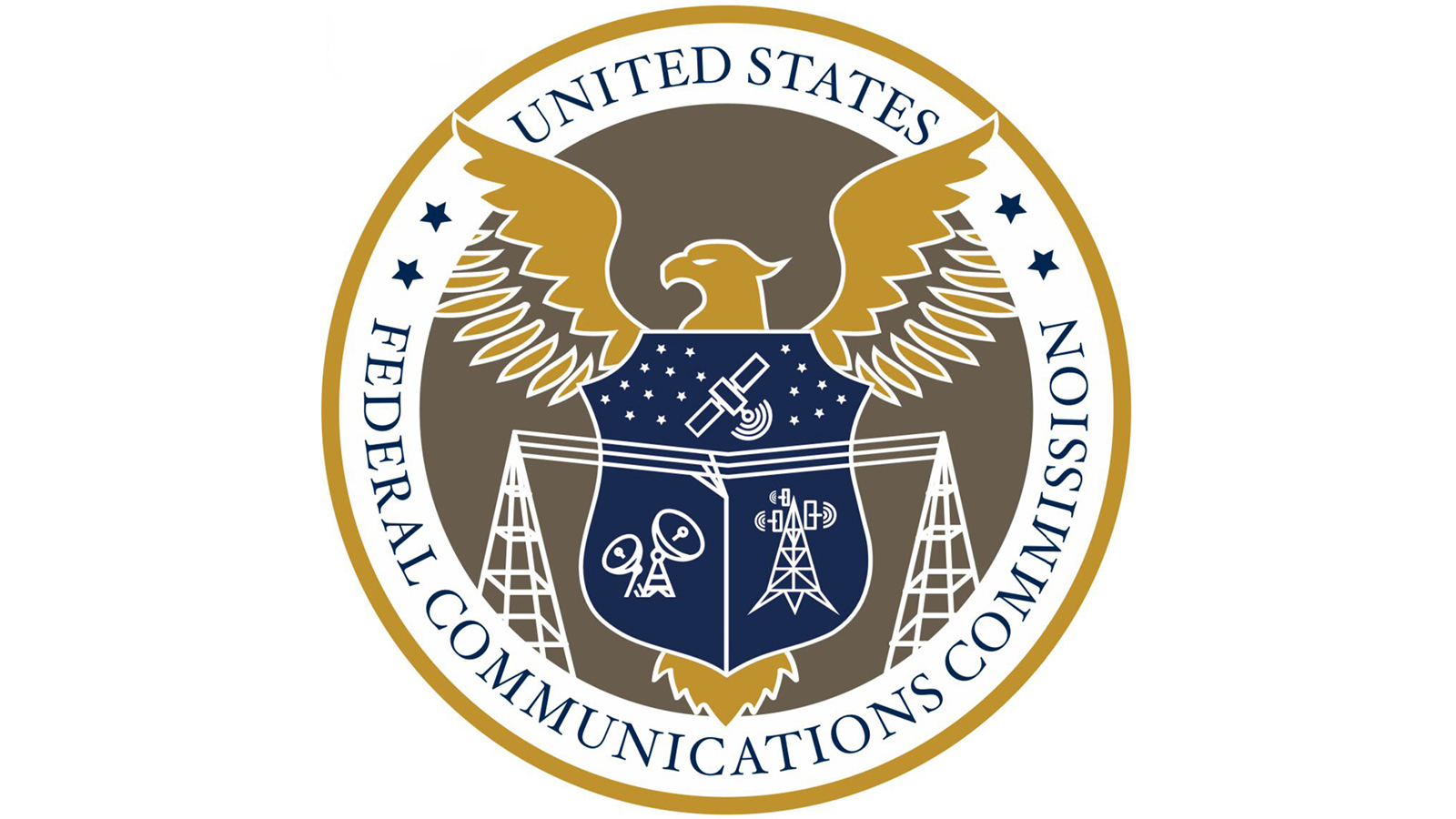China Unicom Americas to FCC: We're Trusted U.S. Partner

The smarter way to stay on top of the multichannel video marketplace. Sign up below.
You are now subscribed
Your newsletter sign-up was successful
China Unicom Americas (CUA) said that if the FCC evaluates the company on the merits and fact, it will find that the telecom is a stand-alone operation that adheres to U.S. law, rules and regulations and poses no threat to U.S. network security.
That came in a response to the FCC, which gave the company until June 1 to explain why the FCC should not kick it out of U.S. networks.
Related: FCC Targets Other Chinese Telecoms
The FCC had issued a show cause order to it and other Chinese telecoms, stemming from what the FCC said was "our deep concern—one shared by the U.S. Departments of Commerce, Defense, Homeland Security, Justice, and State and the U.S. Trade Representative—about [this company's] vulnerability to the exploitation, influence, and control of the Chinese Communist Party, given that they are subsidiaries of Chinese state-owned entities."
The FCC said the U.S. "simply cannot take a risk and hope for the best when it comes to the security of our networks.”
It has also issues such orders to China Telecom (Americas), Pacific Networks and ComNet.
In its response to the FCC, CUA said that it is not subject to undue Chinese government influence, pointing out that it no director or executive had been appointed by that government and that its current president was recruited through a competitive process.
The smarter way to stay on top of the multichannel video marketplace. Sign up below.
China Telecom Americas is registered in California and operates out of the D.C. suburb of Herndon, Va. It provides "global integrated telecommunications services including international data networking, voice, IP and value added solutions."
"CUA has never received any instructions regarding how to run its operations from the Chinese government," it said.
CUA said its response to the FCC "show cause" order, a mandate to show cause as to why the FCC should not pull its license, contained "extensive documentation supporting that CUA will not pose risks to the national security of the U.S., including its ownership, governance, and clean track record."
It also said it would be willing to talk to law enforcement or the FCC about resolving any issues or concerns, including signing a national security agreement.
"Threatening to abruptly end CUA operations would destroy the jobs of U.S. citizens and permanent residents, threaten financial losses for U.S. investors and cause economic disruption for U.S. companies who rely on CUA services," it told the FCC.
Contributing editor John Eggerton has been an editor and/or writer on media regulation, legislation and policy for over four decades, including covering the FCC, FTC, Congress, the major media trade associations, and the federal courts. In addition to Multichannel News and Broadcasting + Cable, his work has appeared in Radio World, TV Technology, TV Fax, This Week in Consumer Electronics, Variety and the Encyclopedia Britannica.

